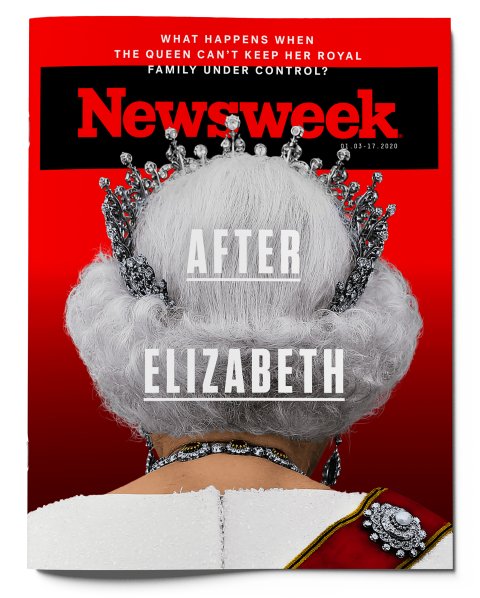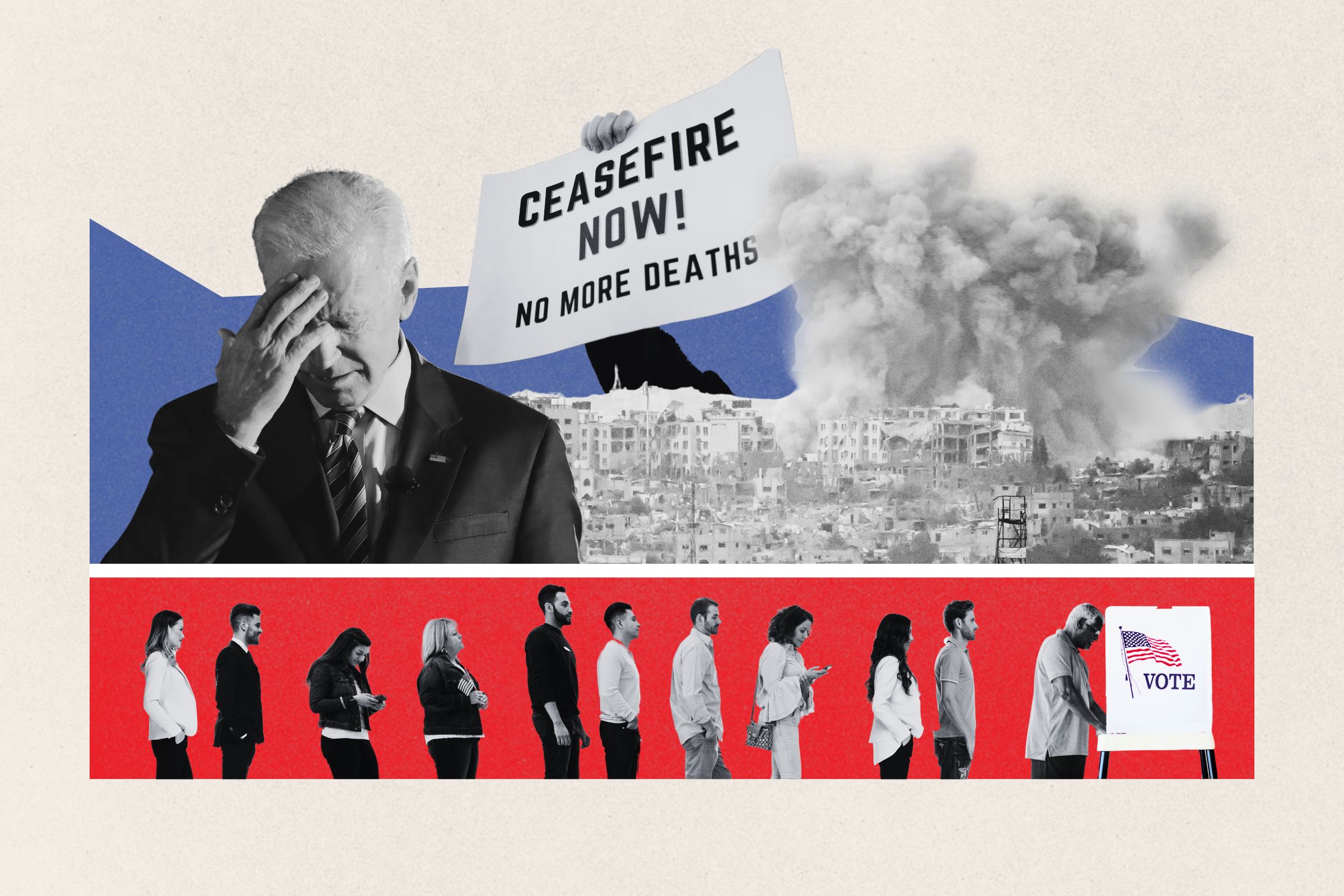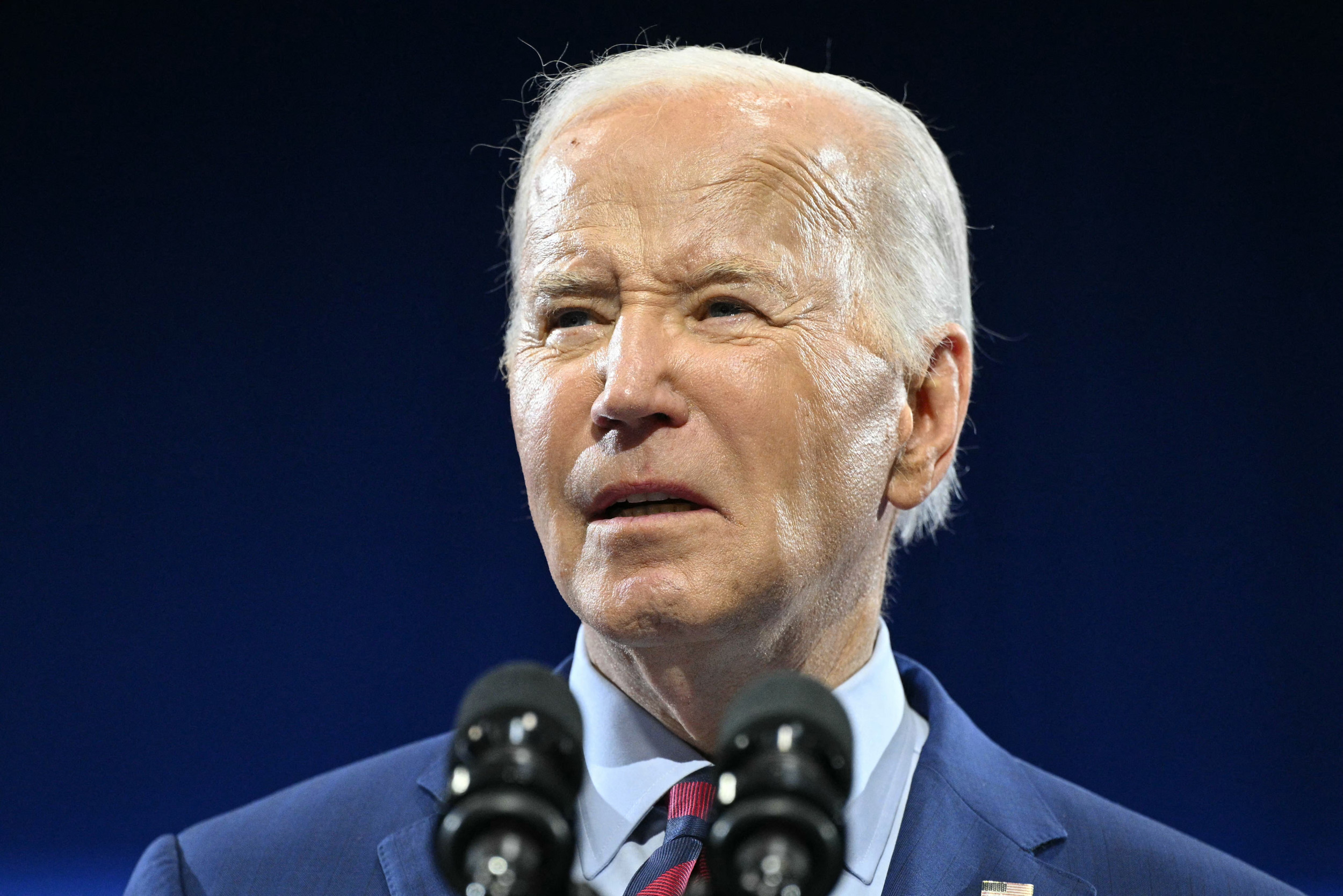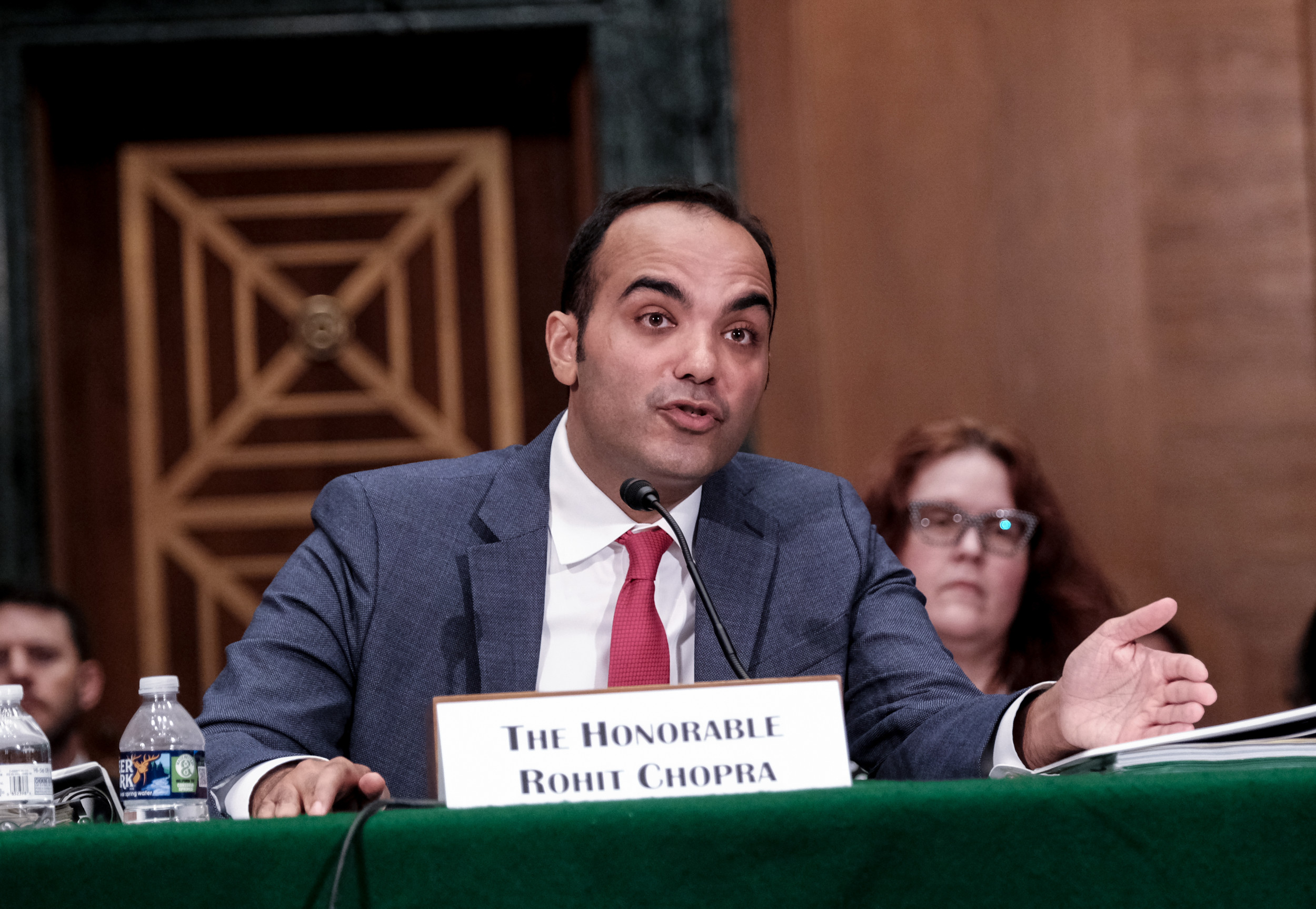
The future Elizabeth II was 21 when she pledged herself in service to her Imperial family. Her son and heir Charles III was 73 when he affirmed his own commitment to his country and Commonwealth—the Empire having dissolved long ago. The realm has been transformed in the 75 years between those speeches, but the demands of the sovereign's role remain the same. Uphold tradition (without being rigid). Embrace progress (without being trendy). Be steady. Be seen.
"That promise of lifelong service I renew to you all today," said His Majesty King Charles III in a televised address the day after his mother's death.
In that first speech to his people as king, Charles made clear his respect for tradition—addressing, almost explicitly, long-held concerns about his commitment to the monarch's "particular relationship and responsibility towards" the Church of England, and to political neutrality. "As the queen herself did with such unswerving devotion, I too now solemnly pledge myself, throughout the remaining time God grants me, to uphold the constitutional principles at the heart of our nation," he said.

While affirming that "our values have remained, and must remain, constant," he tucked in references to diversity and inequality, issues that he worked to address as Prince of Wales. Our society is "one of many cultures and many faiths," he said. William and Catherine, "our new Prince and Princess of Wales will, I know, continue to inspire and lead our national conversations, helping to bring the marginal to the center ground where vital help can be given."
The new king paid tribute to the late Queen—"my beloved mother," "my darling Mama"—and to his father, and spoke adoringly of his wife Camilla, the new Queen Consort. Much of the British public, still mourning for Diana, has opposed that title. But the couple has been married for 17 years now; he clearly cherishes her and she has worked hard in her royal role. In acknowledgment of Camilla's importance to her son—and to ease the transition—the Queen announced on the 70th anniversary of her accession to the throne last February her "sincere wish" that Camilla should have the title.
But the Queen died with other issues unresolved. While emphasizing that Prince Harry and wife Meghan would remain "much-loved members of my family," she drew a hard line about their royal status and Harry's military honors. In discussing his family on Thursday, Charles said, "I want also to express my love for Harry and Meghan as they continue to build their lives overseas." But with Meghan's new podcast and Harry's upcoming memoir, it's not clear how much damage the couple may still inflict, nor how tough Charles is willing to be. The new king may also face questions about disgraced brother Prince Andrew, who reportedly would like to return to a public role despite his links to the Jeffrey Epstein sex scandal.
Charles is said to favor a "slimmed-down" monarchy, one that costs U.K. taxpayers less—or at least doesn't confront them with a Buckingham Palace balcony full of apparent hangers-on. "Charles understands better than anyone that in order for the monarchy to survive it has to modernize, and of course this is the moment to do that," Ingrid Seward, longtime editor of Majesty magazine and a royal biographer, told Newsweek.

The Queen's death came at an already fraught moment for the U.K. The country faces a hard winter with the highest inflation rate in decades and fears of spiking energy costs. Brexit is unfinished and the Ukraine war is an increasing concern across Europe. And the government has a very new leader: Liz Truss' meeting with the Queen at Balmoral was her first as prime minister and Elizabeth's last act as sovereign. Now it's up to Charles to convey stability and continuity to a rattled nation and a restive Commonwealth. One advantage: Like his mother, he is said to have an impressive work ethic. Camilla has joked ruefully about his daunting schedule.
Queen Elizabeth's popularity rested in part on her silence. Her subjects knew she liked dogs and horses and that she was rarely without a black Launer handbag, but her personal views remained a mystery. Charles, by contrast, has been criticized for his "black spider memos"—a reference to his inky handwriting—chiding government leaders on issues from hospital food to fox hunting. In keeping his pledge to follow constitutional precedent, the formerly outspoken prince may have to muzzle himself on issues like medical science (he embraces complementary medicine practices dismissed as quackery) and architecture (he loathes modernism), as well as partisan policies. In response to disclosures about cash donations and shoddy bookkeeping, he recently agreed to clean up his fundraising practices.

His longstanding commitment to environmentalism is likely to continue, though: He's seen it go from fringe movement to mainstream. "I don't see why he couldn't have a role on climate change," says Seward. "It's something that everyone is now at one with. He will have to keep it much more gentle, but I think he can still talk about it because it's an issue that concerns everybody, kings and ordinary people."
Those ordinary people seem ready to give Charles a fresh chance. He was popular as a young man; an Ipsos Mori poll in December 1991, a few months after his wedding to Diana, recorded that 82 percent of Britons felt he would make a good king. But his standing never recovered from the very public failure of his marriage and his acknowledged adultery with Camilla. Diana's death was a crisis for the monarchy, with both the prince and the Queen blamed as cold and cruel.
The Queen adjusted, though, and her actions in those tense days set precedents that were visible through the rest of her reign and beyond. The flag above Buckingham Palace was lowered to half-mast after the Queen's death: That was a controversial innovation after Diana's death. Echoes of the Queen's speech to a grieving nation could be heard in Charles' tribute to his mother last week, as he openly shared the public's sorrow. Amid fears that she might be booed by Diana's angry fans, the Queen ventured out to look at the floral tributes and talk to the crowds gathered outside the Palace. She was greeted warmly, and the breach between sovereign and subjects began to heal.
On Friday, less than 24 hours after he'd become king, Charles emerged from his car in front of Buckingham Palace. There were cheers, and even shouts of "God save the king." He shook hands and accepted condolences. "Thank you so much, it's so kind, it really is," he said to mourners, the Daily Mail reported; "God bless you" and "I'm very touched." One woman called out to him, "We love you King Charles and we loved your mum." Queen Camilla was with him, greeted with equal warmth. The self-doubting, often-mocked man seems to have grown into the role: gradually, and then suddenly. British support for King Charles III has doubled since his accession to the throne, according to the first major polling of British views of the monarchy. A full quarter-century after Diana's death, the British people were ready to embrace their prince once again.
"I think he will fit into the role as king very well, I really do," Seward says. "He will get great respect from people and they will hopefully forget about some of his misdemeanors and really respect him for what he's trying to do—which is to keep the country together and unite people after the death of his mother. And he's the best person to do that."
Gruff, dull, dutiful King George V was greeted with applause on his Silver Jubilee in 1935. Surprised by the cheers, he turned to his wife Queen Mary and said, "I really believe they like me for myself." King Charles is older at his accession than his great-grandfather was after 25 years on the throne. He'll have to live several years longer than his mother did to have a Silver Jubilee of his own. But it may be enough for him to really believe that his people have come to like him for himself.

About the writer
Jack Royston is Newsweek's Chief Royal Correspondent based in London, U.K. He reports on the British royal family—including King Charles ... Read more














